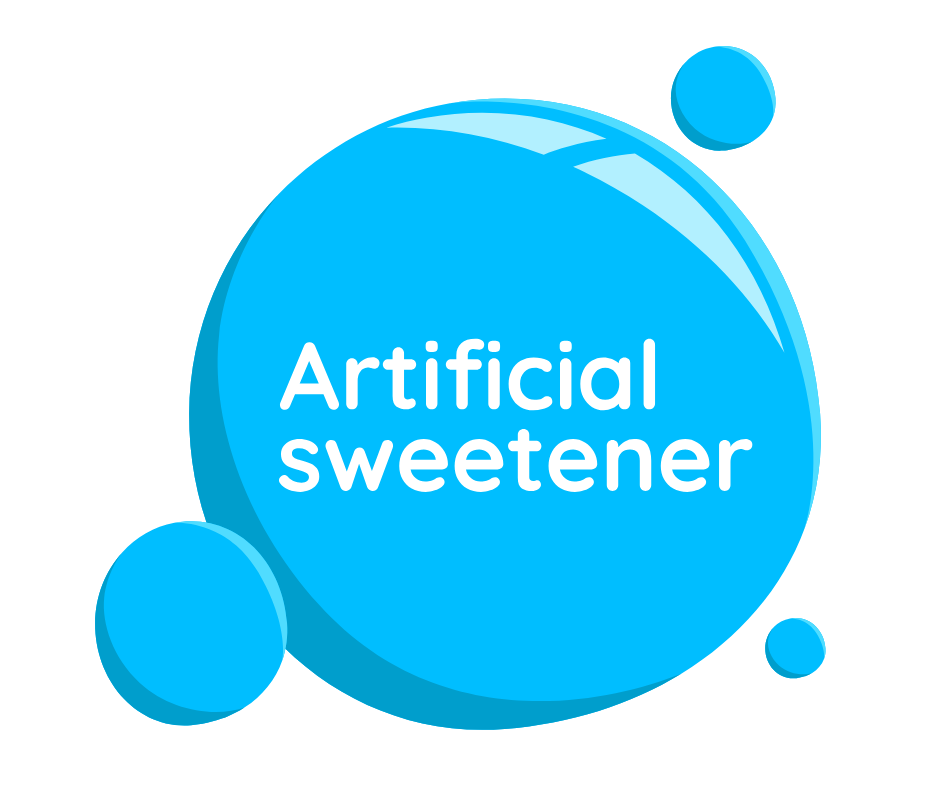In Our Pursuit of ‘Healthy Sweetness’, Are We Sacrificing Our Minds?
We live in an age obsessed with low-calorie alternatives. Supermarkets are filled with “sugar-free,” “zero-calorie,” and “diet” labels—convinced by flashy branding that we are making healthy choices. But behind the veil of artificial sweeteners lies a growing body of scientific concern: these sugar substitutes may be silently damaging one of our most precious assets—our memory.
This isn’t fear-mongering. It’s a reality rooted in ongoing scientific research, cognitive neuroscience, and clinical observation. As we continue to swap sugar for synthetics like aspartame, saccharin, sucralose, and acesulfame potassium, emerging studies are ringing alarms about potential neurological effects, especially related to cognitive decline and memory loss.
The Science is Speaking—But Are We Listening?
Recent research conducted across multiple institutions reveals that artificial sweeteners may alter the gut-brain axis, disrupt insulin signaling in the brain, and lead to oxidative stress, which directly impacts learning, focus, and long-term memory. What appears sweet to the tongue might be souring the brain.
In a 2023 study, lab animals exposed to consistent doses of aspartame showed noticeable memory impairments. Similar studies on human subjects found reduced performance in cognitive recall tests among regular users of diet drinks and low-calorie sweeteners.
Yet millions consume these substances daily, often with the intention to improve their health. Is this the price we must pay for a sugar-free life?
A Silent Threat in Every Sip and Bite
Artificial sweeteners have embedded themselves into our coffee, yogurts, chewing gum, soft drinks, protein shakes, and even children’s vitamins. This isn’t just a health concern—it’s a public health crisis in the making. Unlike sugar, whose dangers are now widely recognized, artificial sweeteners are cloaked in the illusion of safety. But the brain doesn’t lie. And its deterioration cannot be ignored.
If you’re someone who struggles to remember conversations, forgets daily tasks, or experiences foggy thinking, consider this: what if the source of your mental sluggishness isn’t age, but what’s in your cup of tea or protein bar?
The Wake-Up Call: We Must Act—Now
We cannot afford complacency.
-
Parents, rethink what you’re giving your children.
-
Students, question what’s fueling your energy drinks.
-
Professionals, examine what’s clouding your clarity.
-
Health influencers, reassess what you’re endorsing.
This is not a temporary diet trend—it’s a long-term neurological decision. Every artificial sweetener you consume is a potential trade-off between physical slimness and mental sharpness.
Memory loss is not just a symptom of aging. It can be manufactured in labs, hidden in food labels, and sold on the promise of health.
Your Brain Deserves Better
Now is the time to be deliberate about what we consume. Read labels. Research ingredients. Choose natural alternatives like raw honey, stevia (in pure form), monk fruit, or dates. Protect your brain the same way you protect your body from disease.
Don’t wait for a diagnosis. Don’t wait to forget your child’s name, your meeting notes, or your grandmother’s recipe.
Choose clarity over calories. Choose truth over trends. Choose health—real health—over fake sweetness.



